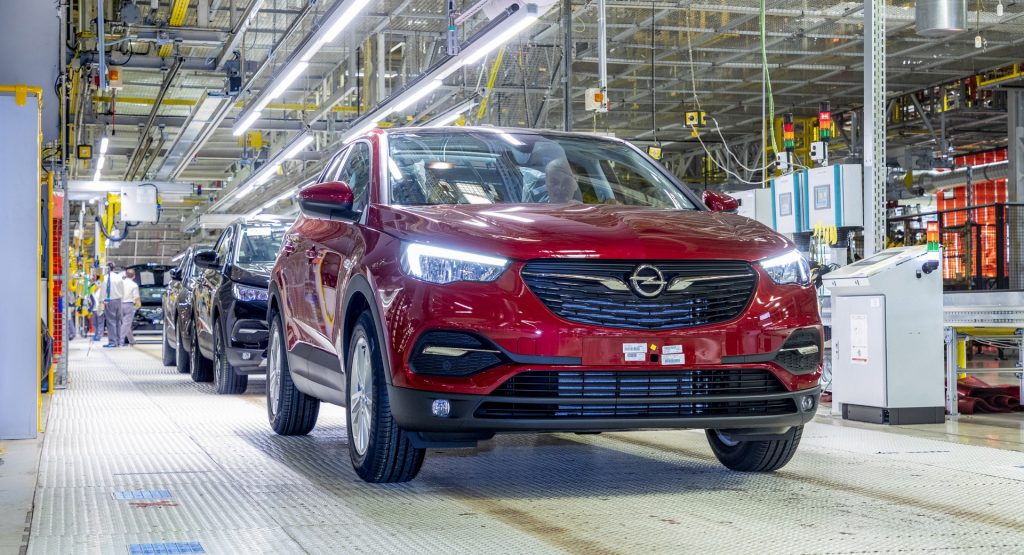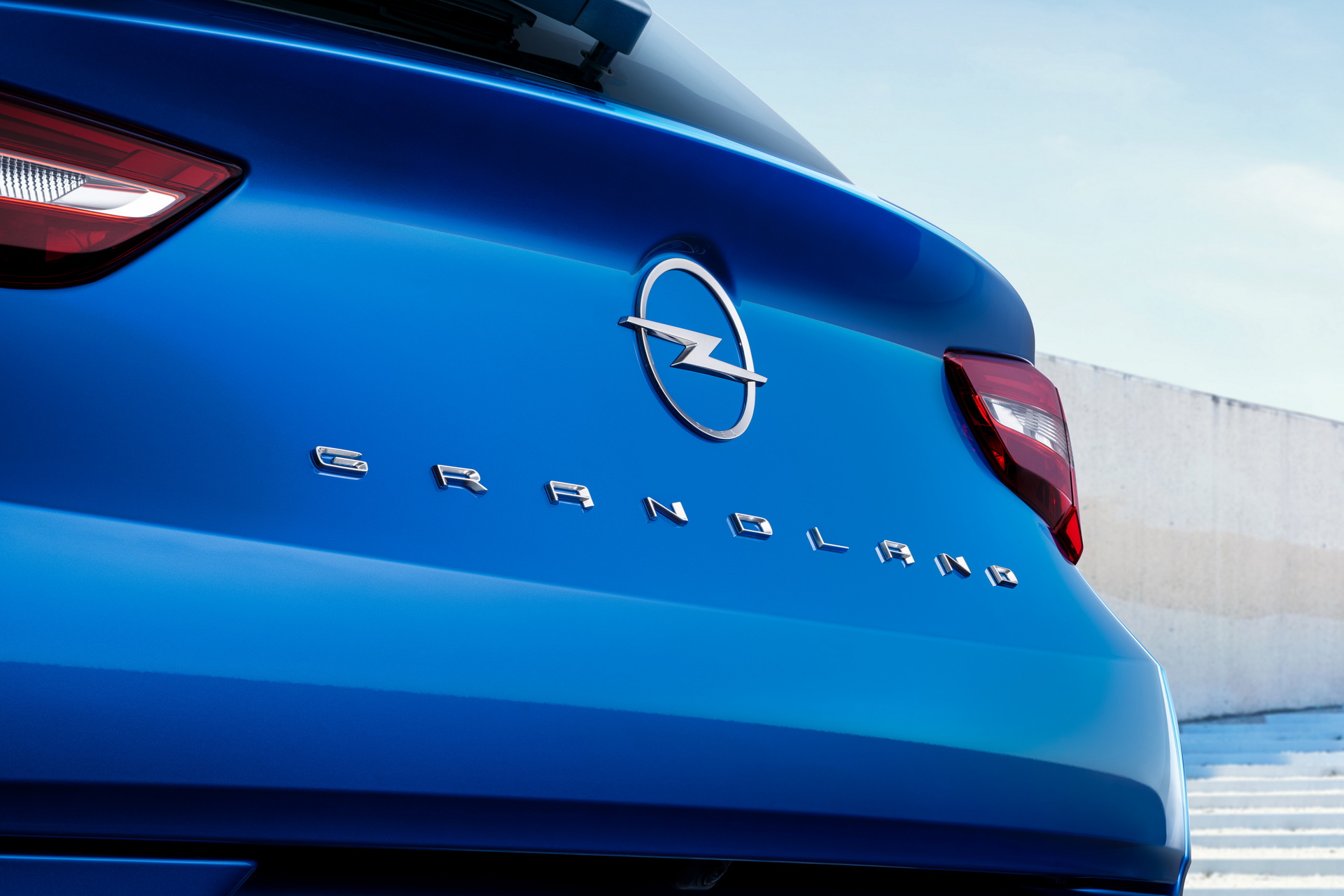Stellantis is considering splitting two of Opel’s German plants, in Russelsheim and Eisenach, as it faces accusations from unions of using chip shortage-related furloughs there to break an agreement it had previously struck with the brand’s workers.
A Stellantis spokesperson told Reuters that the plants, one of which, the one in Russelsheim, is the carmaker’s largest, would no longer be part of Opel Automobile GmbH but would remain linked to Stellantis, saying that talks were underway with unions about the plan.
“The advantages associated with this more efficient and flexible organization should contribute to securing jobs in the long-term,” the spokesperson said.
Read Also: The Chip Shortage Could Cost The Auto Industry $210 Billion This Year
The news comes after unions expressed concerns that Stellantis would shut down the Eisenach plant permanently after announcing a three-month-long temporary shut down, which it blamed on the global chip shortage.
To be sure, the chip shortage has affected plants around the world, but workers accused Stellantis of exploiting Germany’s furlough rules to move production out of the plants. Already, the company has moved production of the Opel Grandland X out of Eisenach to its facility in Sochaux, France.
Although that move is officially temporary, workers fear that it will become permanent. Stellantis is bound by an agreement it struck last year not to lay any workers off at Opel‘s German plants until 2025, but workers worry that it might be using the excuse of the chip shortage to circumvent that agreement. Analysts say that it has an overcapacity problem that could lead to plant shutdowns.
Stellantis, meanwhile, argues that it is simply reacting to the global supply shortage.
“The global automotive industry is in an exceptional situation due to the ongoing pandemic and a global shortage of semiconductors,” the company told Reuters in a statement. “Production in Eisenach is scheduled to start again at the beginning of 2022, provided the supply chain situation allows.”






